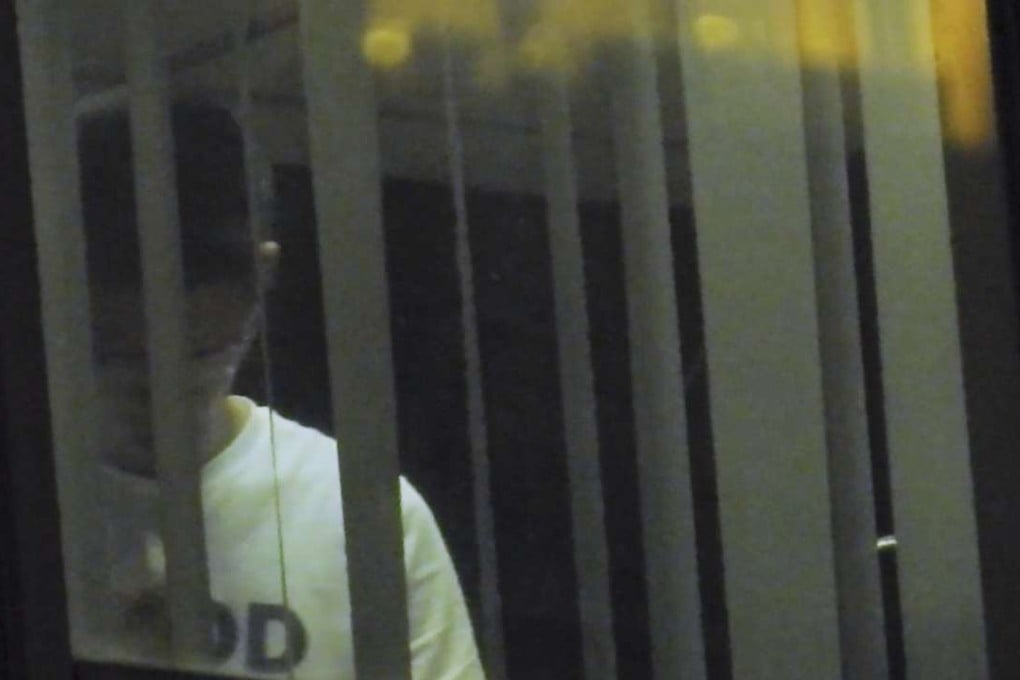How North Korean maths-whizz defector escaped through Hong Kong
Jong Yol-ri arrived in Hong Kong with one last chance to defect and start a new life in the South

For Jong Yol-ri, the International Mathematical Olympiad in Hong Kong last year was his last chance for freedom.
If the then 18-year-old, two-time silver medallist in the competition waited another year, he would be too old to take part, losing his chance to travel and escape North Korea.
Watch: The refugee life of Jong Yol-ri in Hong Kong
But the stakes for anybody crossing the Pyongyang regime are extreme — as the assassination this month of Kim Jong-nam, half-brother of leader Kim Jong-un, clearly shows.
Defectors caught and sent back to North Korea face years of imprisonment, or even death in camps, according to a 2012 report by the Committee for Human Rights in North Korea.
But when the moment came, Jong took it. On July 17 last year, a day after the competition, Jong sneaked out of the dormitory at the Hong Kong University of Science and Technology, where the event had been held, and took a taxi to the airport.
Revealing previously unpublished details of Jong’s flight, a diplomatic source familiar with the case said the student had planned his defection well before he left North Korea for Hong Kong.